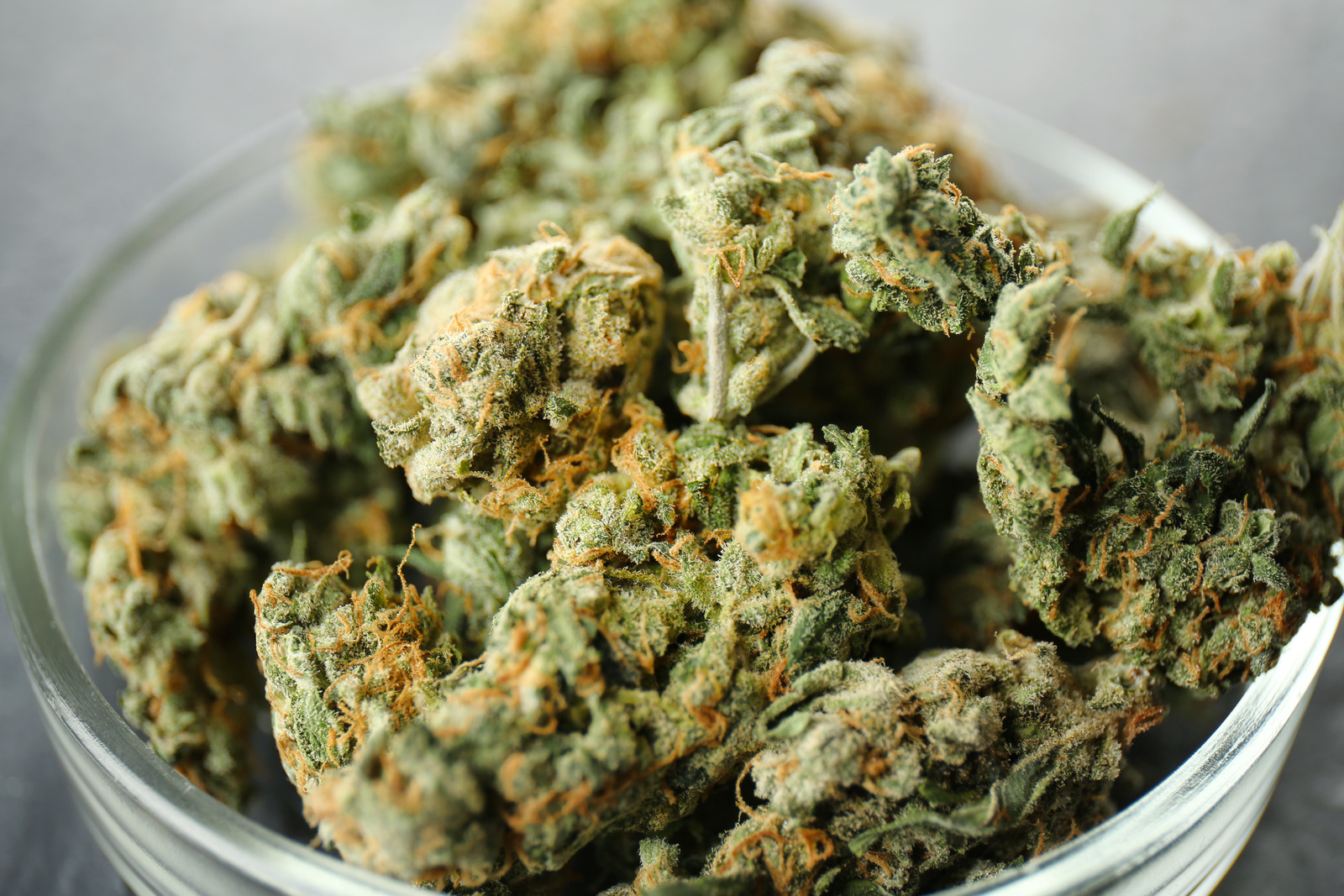[1] McGregor C;Srisurapanont M;Jittiwutikarn J;Laobhripatr S;Wongtan T;White JM; (n.d.). The nature, time course and severity of methamphetamine withdrawal. Addiction (Abingdon, England). https://pubmed.ncbi.nlm.nih.gov/16128721/
[2] National Library of Medicine. (n.d.). Tetrahydrocannabinol (THC) – statpearls – NCBI bookshelf. Tetrahydrocannabinol . https://www.ncbi.nlm.nih.gov/books/NBK563174/
[3] Atalay, S., Jarocka-Karpowicz, I., & Skrzydlewska, E. (2019, December 25). Antioxidative and anti-inflammatory properties of Cannabidiol. Antioxidants (Basel, Switzerland). https://www.ncbi.nlm.nih.gov/pmc/articles/PMC7023045/
[4] Lavender, I., McCartney, D., Marshall, N., Suraev, A., Irwin, C., D’Rozario, A. L., Gordon, C. J., Saini, B., Grunstein, R. R., Yee, B., McGregor, I., & Hoyos, C. M. (2023, August 23). Cannabinol (CBN; 30 and 300 mg) effects on sleep and next-day function in insomnia disorder (“Cupid” Study): Protocol for a randomised, double-blind, placebo-controlled, cross-over, three-arm, proof-of-concept trial. BMJ open. https://www.ncbi.nlm.nih.gov/pmc/articles/PMC10450062/
[5] Abioye, A., Ayodele, O., Marinkovic, A., Patidar, R., Akinwekomi, A., & Sanyaolu, A. (2020, January 31). Δ9-Tetrahydrocannabivarin (THCV): A commentary on potential therapeutic benefit for the management of obesity and diabetes. Journal of cannabis research. https://www.ncbi.nlm.nih.gov/pmc/articles/PMC7819335/
[6] National Library of Medicine. (n.d.). Marijuana – StatPearls – NCBI Bookshelf. Marijuana. https://www.ncbi.nlm.nih.gov/books/NBK430801/
[7] Cannabis 101: What’s the Deal with Terpenes? (2021, May 20). Healthline. https://www.healthline.com/health/cannabis-terpenes
[8] Pietrangelo, A. (2023, May 24). The effects of cannabis on your body. Healthline. https://www.healthline.com/health/effects-of-cannabis-on-body
[9] Smoking cannabis associated with increased risk of heart attack,. (2024, February 28). National Institutes of Health (NIH). https://www.nih.gov/news-events/news-releases/smoking-cannabis-associated-increased-risk-heart-attack-stroke
[10] NIDA. 2019, December 24. Cannabis (Marijuana) DrugFacts. Retrieved from https://nida.nih.gov/publications/drugfacts/cannabis-marijuana on 2024, July 1
[11] Opioid addiction – statpearls – NCBI bookshelf. National Library of Medicine. (n.d.-c). https://www.ncbi.nlm.nih.gov/books/NBK448203/
[12] Kancherla, N., Jeyanthi, K. M., Abbas, R., Sathi, T. S. C. R., Upadhyay, A., & Garlapati, S. K. P. (2021, November). Cannabis Associated Mental Health Effects: A Review. Journal of pharmacy & bioallied sciences. https://www.ncbi.nlm.nih.gov/pmc/articles/PMC8686926/
[13] Volkow, N. D., Baler, R. D., Compton, W. M., & Weiss, S. R. B. (2014, June 5). Adverse health effects of marijuana use. The New England journal of medicine. https://www.ncbi.nlm.nih.gov/pmc/articles/PMC4827335/



